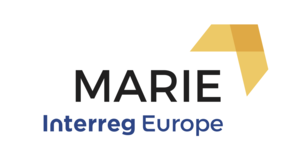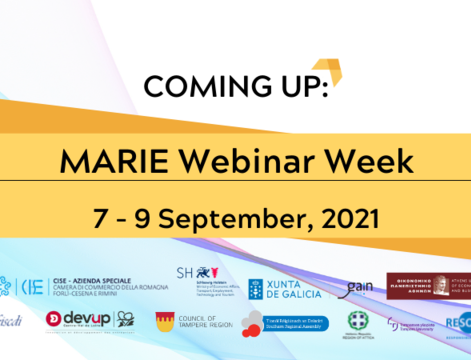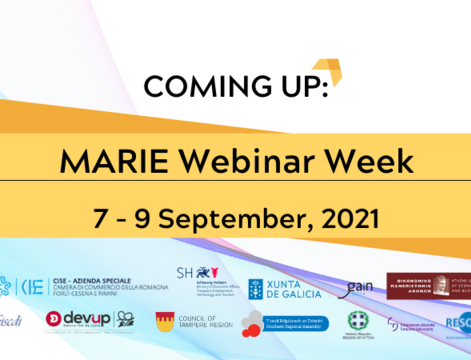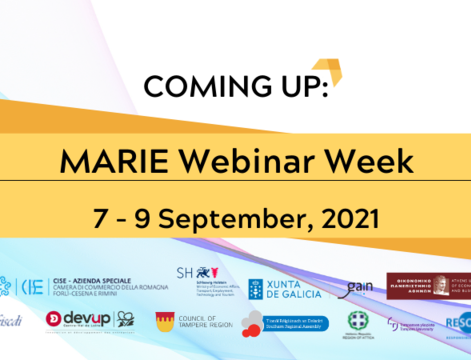The 13th Regional Innovation Policies Conference 2018 was held at the Western Norway University of Applied Sciences (HVL) in Bergen. The leading topic of the conference was “Responsible Innovation and Regional Development – Expanding the Research Agenda”. It was the biggest Regional Innovation Policies Conference so far, with almost 120 participants.
The conference particularly focused on investigating responsible innovation from a regional perspective, where the key elements were critical discussions and analyses of the role of regions and regional policy in contributing to sustainable, responsible regional development. More general Regional Innovation Policy topics were also present.
Except the plenary sessions, covering topics such as innovating in economic peripheries (Prof. Andres Rodrigues-Pose), cluster facilitation (Dr. Elvira Uyarra), regional innovation systems (a session in honour of Prof. Bjorn Terje Asheim), and the trinity of innovation (Prof. Arnt Floysand), there were 82 different presentations on 10 different parallel sessions’ tracks:
1. Innovation in new spheres – beyond an economic rationale?
2. "Green" regional development, environmental sustainability and policy
3. Regional industry development: systemic approaches
4. Digitalisation, new business models and organizational practices
5. Regional disparities, migration and policy integration
6. Proximities, agglomerations and networks
7. Regional policy development, implementation and assessment
8. Supra-regional linkages and globalisation
9. R&D, knowledge and universities in regional development
10. Special session (open to all): EURIPER: EU innovation policies and peripheral regions
In addition to the presentation of MARIE partners from the University of Tampere “Open innovation platforms and RRI as policy measures in Tampere region – putting responsibility to a test”, there were several presentations directly related to Responsible Research and Innovation (RRI). To name a few, Rune Dahl Fitjar, Paul Benneworth and Bjorn Terje Asheim presented a comparison of RRI and Smart Specialisation (RIS3) and a reflection on how these two concepts can be usefully combined in an integrated innovation policy framework. Nhien Nguyen, Age Mariussen and Jens Ording Hansen discussed building self-sustaining research and innovation ecosystems in Europe through RRI, based on 3 cases – Catalonian Region (Spain), Lower Austrian Region (Austria) and Nordland Region (Norway). The researchers’ goal is to build an integrated framework based on literature review and co-creation with the relevant stakeholders. Raj Kumar Thapa and Tatiana Iakovleva presented the results of their research on aligning innovation activities in scaling up positive social impact via RRI practices, based on the case study of an organisation in the medical industry. The researchers developed a social impact assessment framework in the context of RRI.
Many other presentations referred to sustainable development, environmental issues (track 2) and key elements of RRI: science education (the whole track 9), public engagement, equality, openness, and ethics. All those topics were discussed in the regional policy context.










